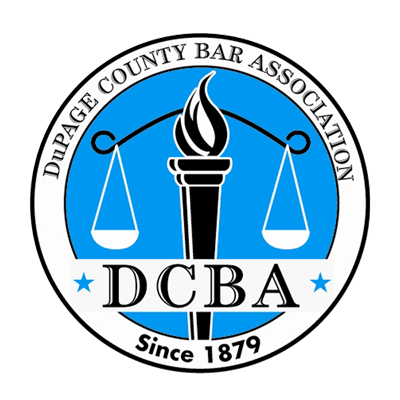
Citizens of both Colorado and Illinois have the right to pursue financial compensation if they have been involved in an accident caused by someone else’s negligence. Whether you’re the victim of a car accident, a slip and fall incident, or suffered injuries because of a defective product, you can pursue a personal injury claim against the party responsible for your damages.
After an accident, many people are understandably eager to learn what their settlement might be worth. Determining this figure is more complicated than you might expect. The monetary value of the damages you sustained is a starting place. The math only gets more complex as you begin to factor in the role you played in causing – or not preventing – the accident.
Contributory Negligence vs. Comparative Negligence
Fault is one of the most important factors of any personal injury case. Determining which party is to blame is critical for deciding appropriate settlement amounts. Historically, if the injured party played any role in causing the accident, they were barred from seeking compensation. The reasoning behind this? People have a duty to reasonably look out for their own safety, and failing to do so was seen as grounds for barring recovery.
This principle is often referred to as pure contributory negligence. In recent years, many states have shied away from the approach. Lawmakers recognized that it was unfair to deny recovery in instances where a victim was only 10 percent responsible for the accident. Most states – including Illinois and Colorado – have since adopted comparative negligence standards. Victims can pursue compensation from at-fault parties so long as they themselves contributed less than 50 percent of the blame for the accident. Recovery is barred for those who were at fault for more than 50 percent of the incident.
Increased Blame, Decreased Settlements
Comparative negligence standards allow accident victims to seek compensation for their injuries, but it impacts how much they are allowed to collect. Damages must be in proportion to the amount of fault that can be attributed to the plaintiff. For example, say you’re involved in a car accident and are deemed to be 30 percent at fault. Even if you sustained $100,000 in damages because of the accident, you’d only be able to pursue a settlement of $70,000. Your overall settlement is reduced by the percentage of blame for which you’re responsible.
Preventing Claims of Contributory Negligence
Even in instances where recovery is not barred completely, contributory negligence can significantly reduce the compensation to which an injury victim is entitled. It can also make it more difficult for them to cover their expenses. Defendants may point to any number of factors as evidence of contributory negligence. They may be quick to point out that the plaintiff was speeding, using their cell phone, or was under the influence of drugs or alcohol at the time of the crash. They may claim the plaintiff failed to signal properly or made illegal traffic maneuvers that contributed to the accident.
Preventing claims of contributory negligence often boils down to driving safely and ensuring that your vehicle’s lights, signals, and brakes are all working properly. Should the defendant claim that your negligence contributed to the accident, an attorney can gather evidence and witness testimony to bolster your claim. Establishing the facts of the crash can help ensure that you’re not assigned a larger portion of the blame than you should be.
Get Help Proving Fault in Your Accident Case
In the wake of an accident, determining fault and understanding complicated legal statutes is probably the last thing on your mind. By hiring an experienced personal injury attorney to represent your best interests, you’ll gain the peace of mind necessary to focus on healing your injuries. While nothing can turn back the clock and undo the damage done by your accident, legal action can help ensure the swiftest and most complete recovery process possible.
The Cullotta Bravo Law Group is committed to passionately representing accident victims in the greater Chicago and Aurora regions. Allow us to give you a clear understanding of your legal options so you can make the best choice for your recovery. To schedule a free consultation, call us at 630-225-8341 or contact us online.





